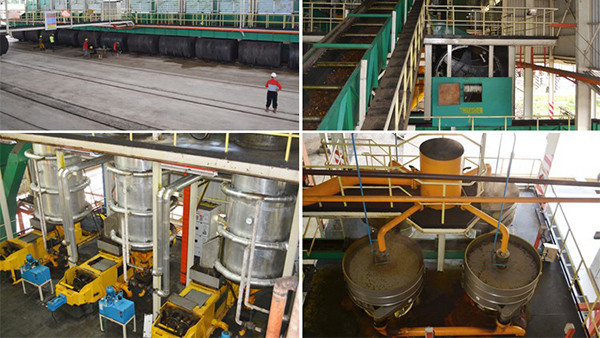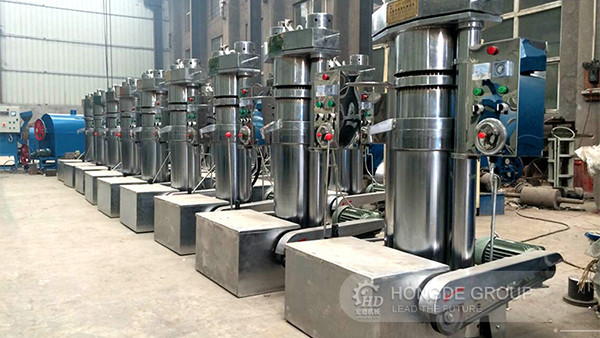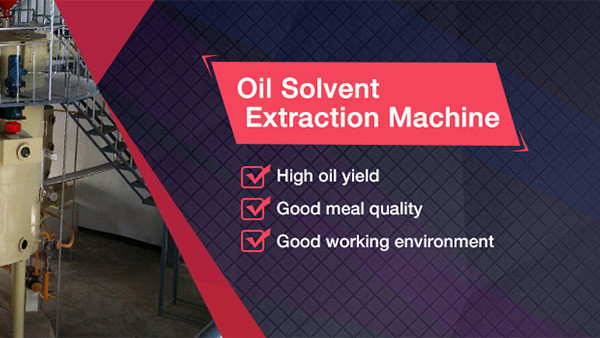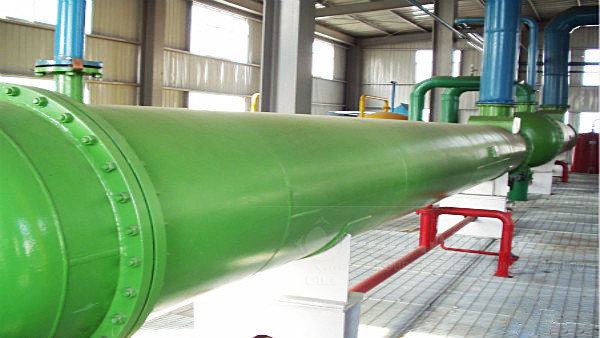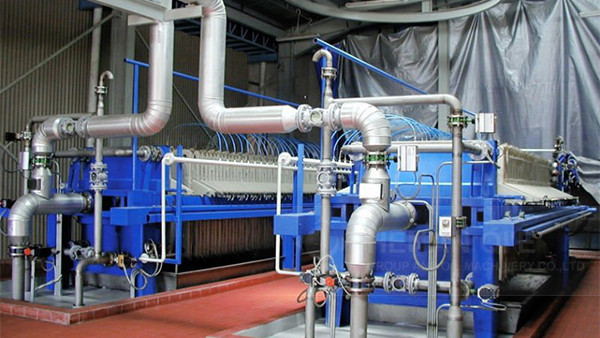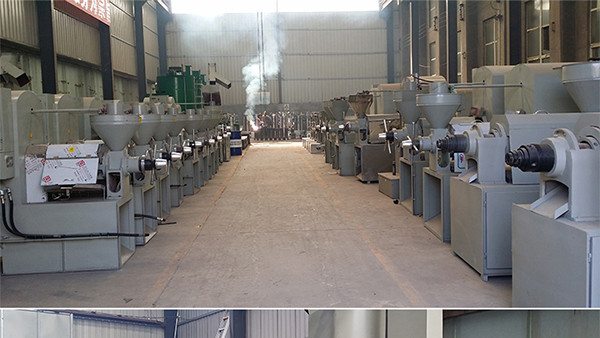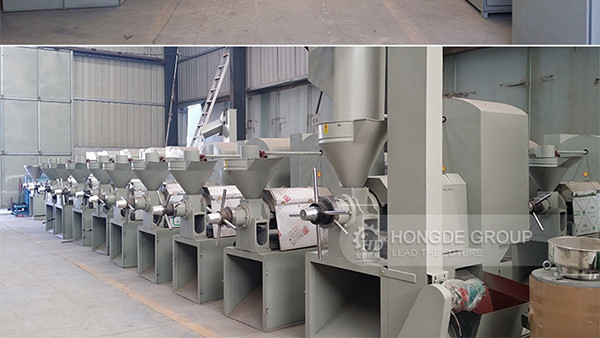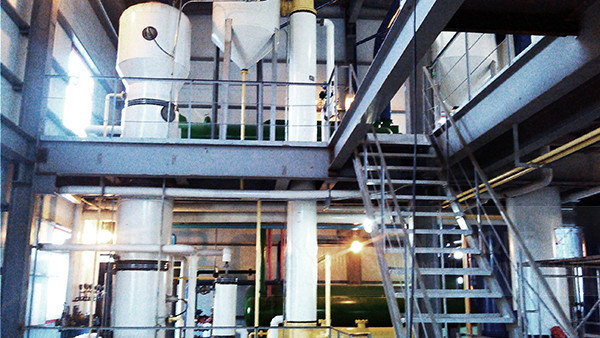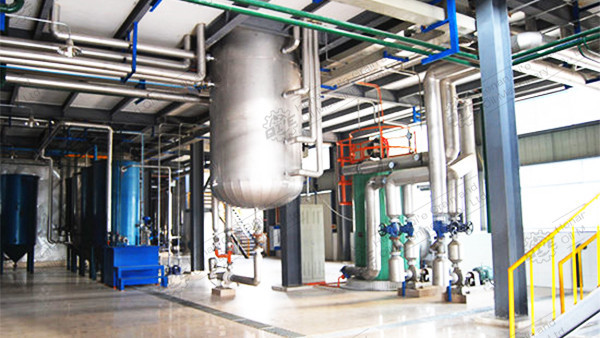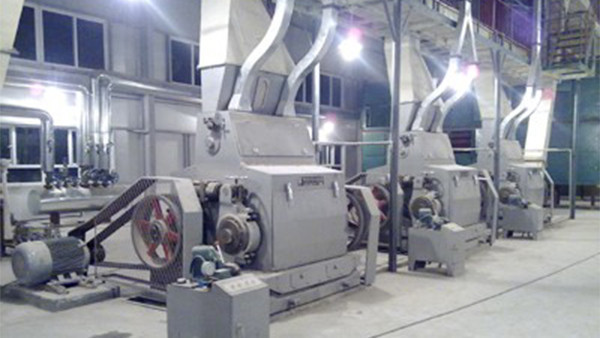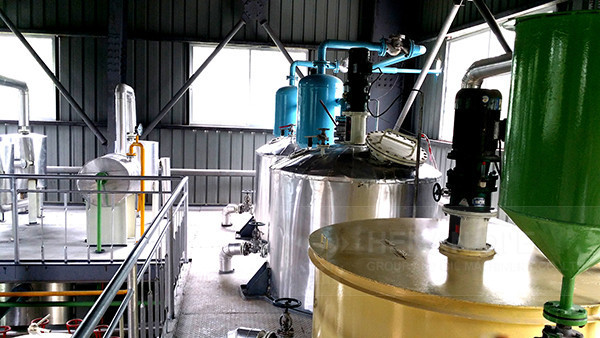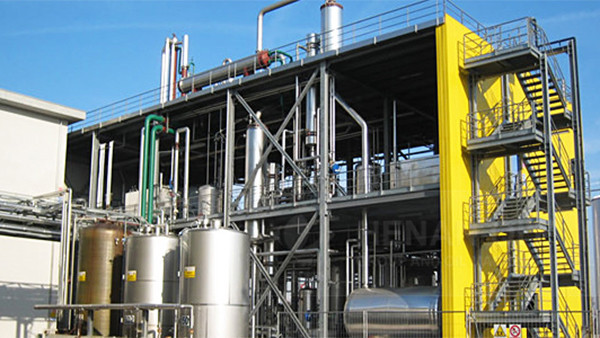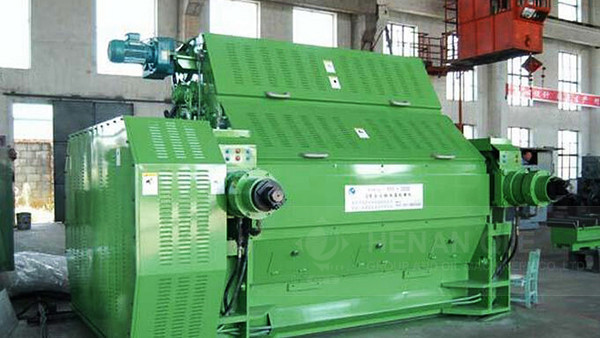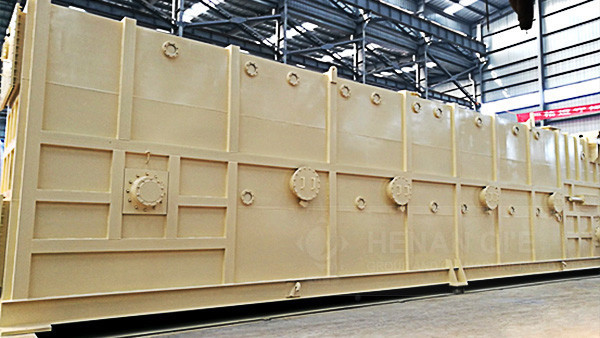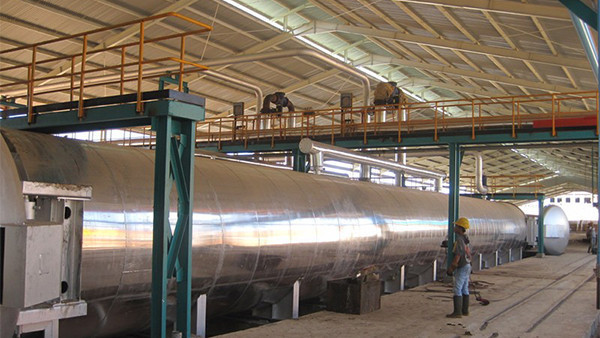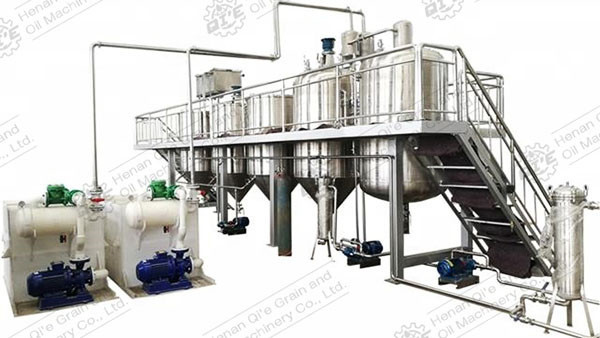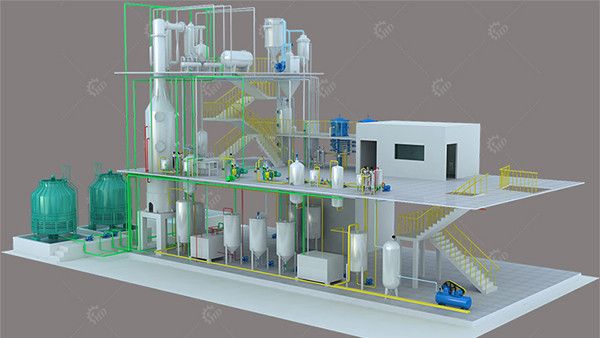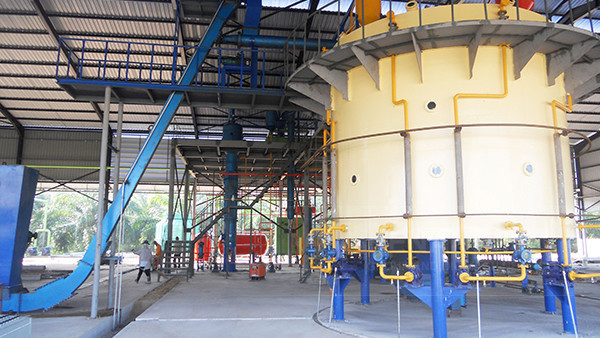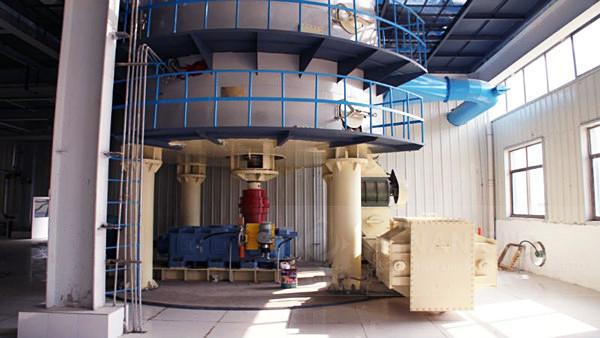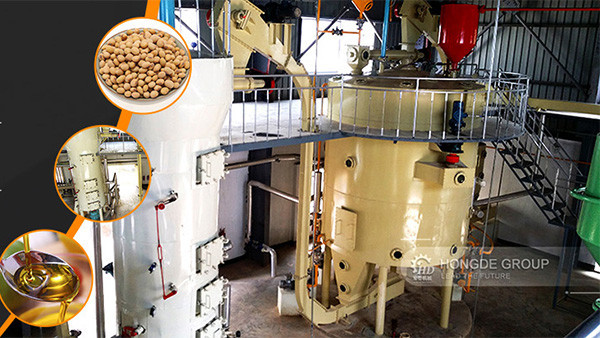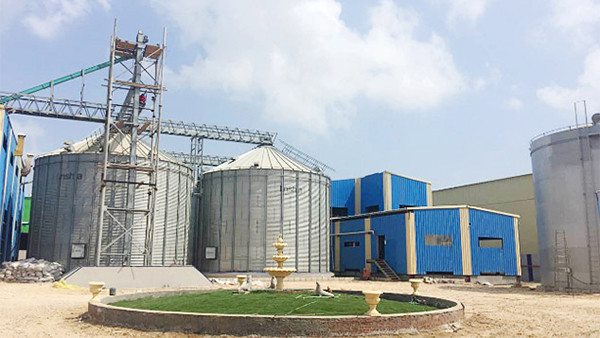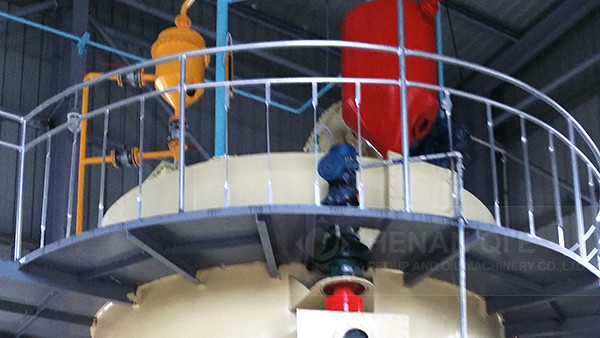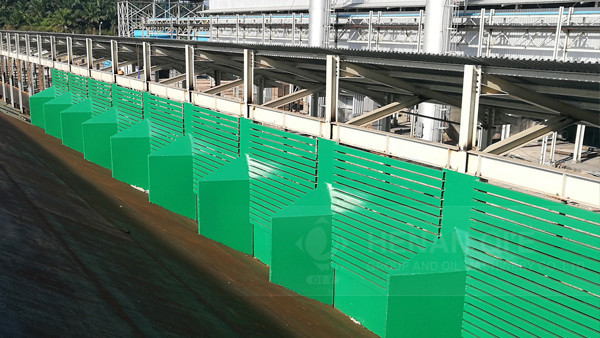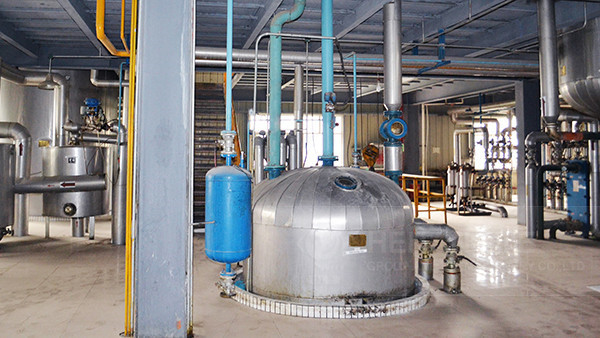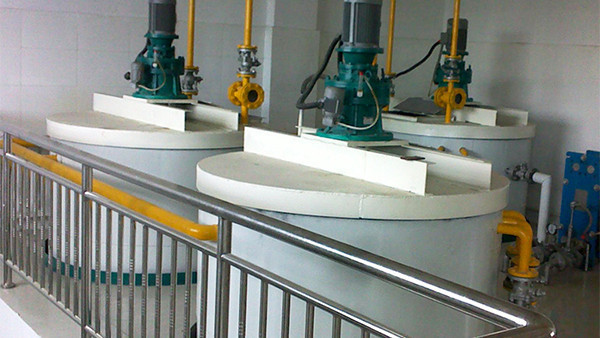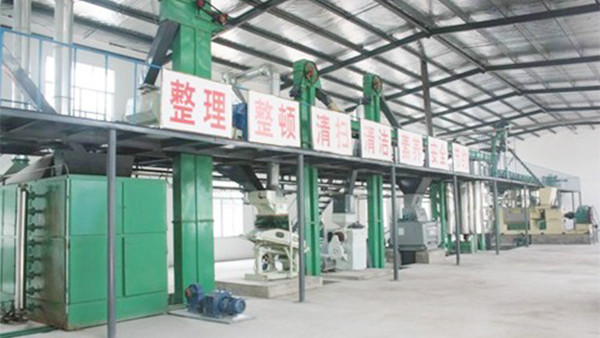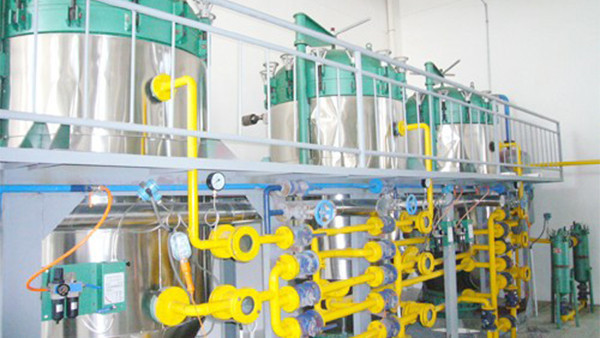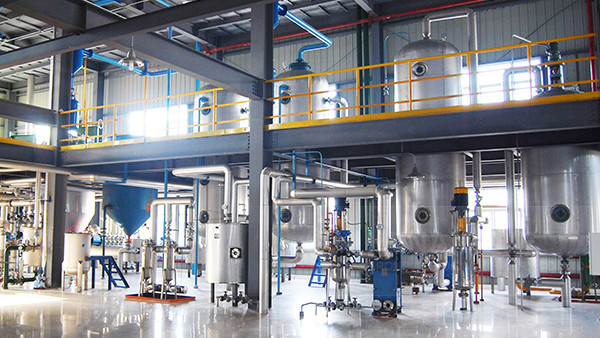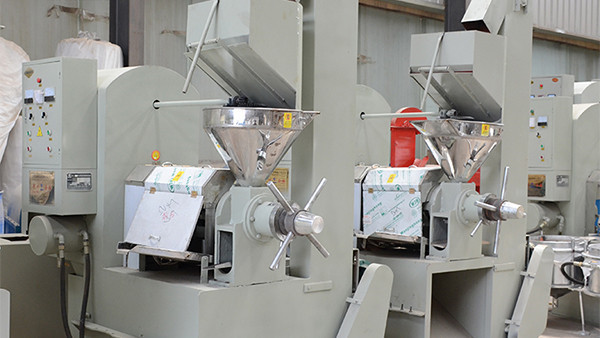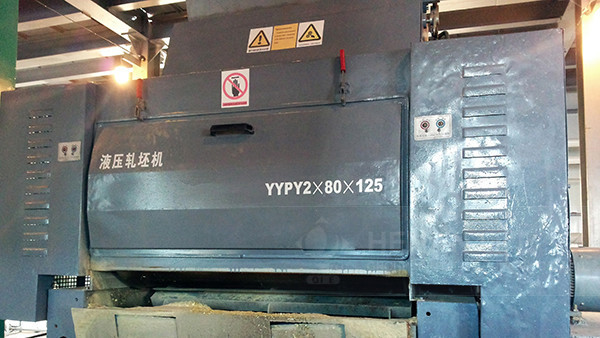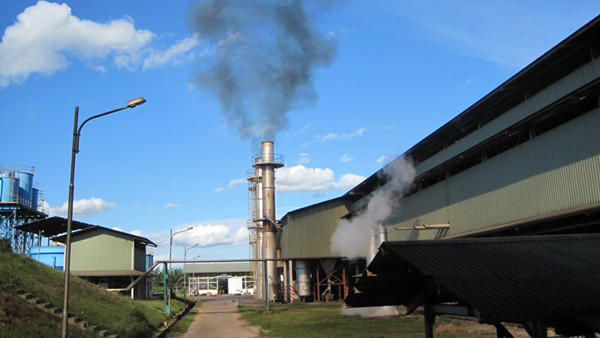
Mechanical Soy Processing: An Environmentally Friendly Method
Mechanical processing methods, which are chemical free, existed prior to the wide spread use of chemical processes which were adopted based on ability to remove 100% of oil present in soybeans. Early mechanical methods, used presses to ¡°squeeze¡± the oil from the soybean, however oil extraction rates were 50% at best, and often times generated excessive heat causing damage to the vital
Get Inquiry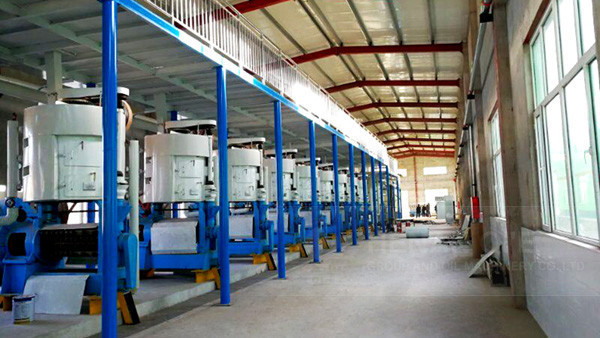
Understanding Different Methods of Oil Extraction - Kumar Metal
During mechanical extraction, the oil seeds are put between barriers and pressure is applied using hydraulic presses and screws to crush them and extract the oil out. While it requires extensively trained experts, it is the most economical way to extract oil out of oilseeds. The residual oil cake from the mechanical extraction process also has
Get Inquiry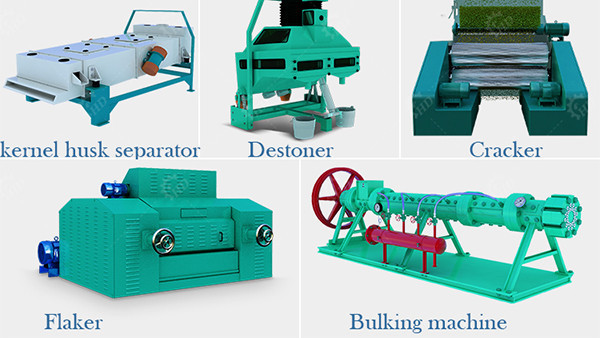
Soybean Oil Extraction and Processing | SpringerLink
Soybeans are the dominant oilseed in both U.S. and world markets. During a typical year soybean production comprises over half the worldwide oilseed production ( Anonymous 1995 ). However, according to Dutton (1981) in the early 1940s, soybean oil was considered a poor quality oil, not suitable for food use, and more appropriate for use in
Get Inquiry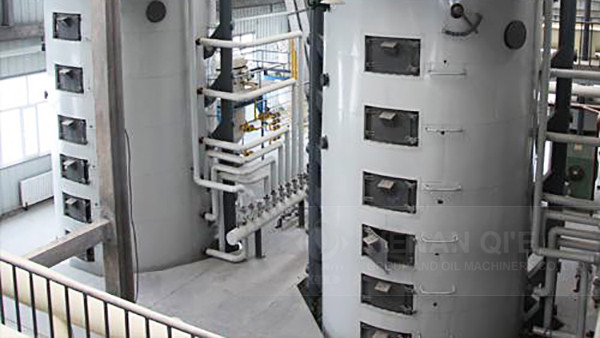
Extraction and separation of oils: the journey from distillation to pervaporation - ScienceDirect
In the petroleum industry, the process of extraction of crude oil is divided into primary, secondary, and tertiary phases. In the primary phase of oil recovery (e.g., using pumps or gravity drainage), approximately 10% of the oil is extracted. In the secondary phase, water or gas is injected into the well.
Get Inquiry
Functional Properties of Soy Protein Isolates Prepared from Gas-Supported Screw-Pressed Soybean Meal - Journal of the American Oil Chemists' Society
White flakes (WFs) are obtained from dehulled flaked soybeans by extracting oil with hexane and flash- or downdraft-desolventizing the (defatted) flakes, and WFs are the normal feedstock used to produce soy protein ingredients. Gas-supported screw pressing (GSSP) is a new oilseed crushing technology in which traditional screw pressing is combined with injecting high-pressure CO2, thereby
Get Inquiry![[beginners guide] how to process soyabeans - agrolearner.com](/pic/machine-for-press-oil-3.jpg)
[Beginners Guide] How To Process Soyabeans - Agrolearner.com
Allow the groundnuts to cool, then grind them in a food processor or blender until they form a fine powder. Follow the steps outlined above for processing soybeans at home. Once you have the soybean powder, mix it with the groundnut powder in a ratio of 2 parts soybean powder to 1 part groundnut powder.
Get Inquiry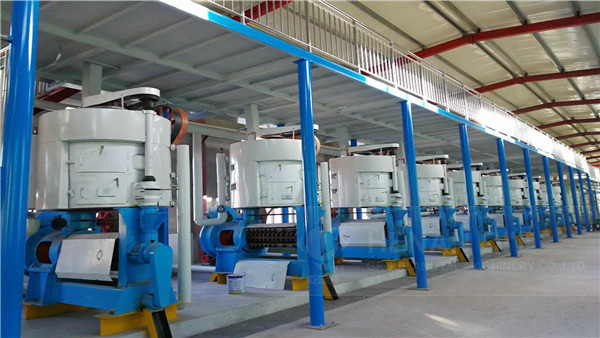
Determination of sudan dyes in food samples using supercritical fluid extraction¨Ccapillary liquid chromatography - ScienceDirect
The determination of Sudan dyes in food samples consists of two steps: supercritical fluid extraction followed by capillary liquid chromatographic analysis. Fig. 1 shows the assembly used to extraction, separation and quantification of azo-dyes Sudan I, Sudan II, Sudan III and Sudan IV by supercritical fluid extraction capillary liquid chromatography.
Get Inquiry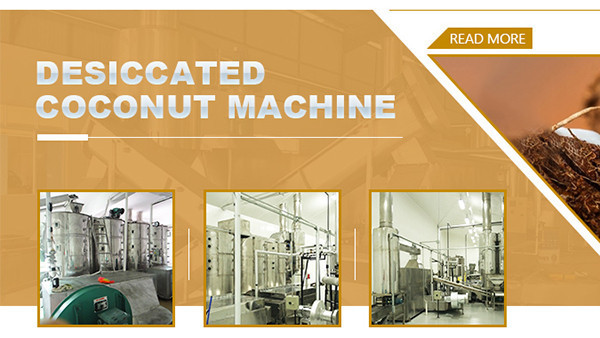
Soybean Research in Sudan: Current Status, Achievements, Challenges and Future Prospects
Phone: +249-912155997. Summary. Soybean (Glycine max (L.) Merr.) is a new oilseed crop in Sudan The start of commercial. exploitation of soybean in Sudan is nearly four decades old. In this period
Get Inquiry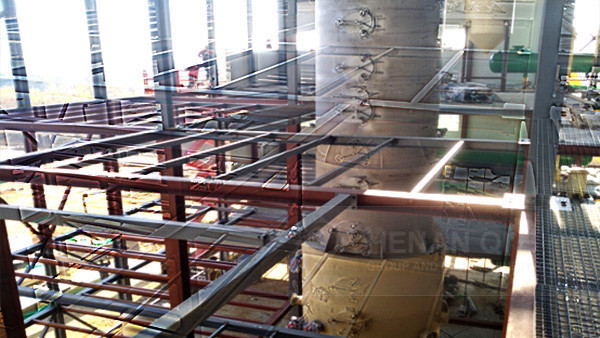
Whole soybean protein extraction processes: A review
The aqueous extract of whole soybean extraction is called soybase and it is mainly used for making consumer products containing both soy protein and soybean oil. Products like soymilk, soy-fruit beverages and tofu are produced by adding various ingredients to the soybase, such as flavours, gums, stabilisers, minerals, vitamins, sugars, fruit juices and/or coagulating agents in case of tofu.
Get Inquiry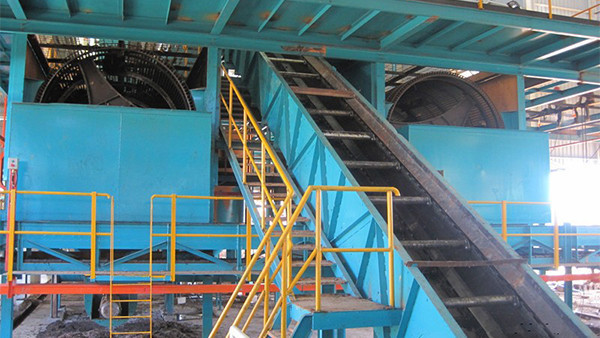
The Ultimate Guide of Soybean Oil Extraction Methods
The standard soybean oil pressing production process includes multiple steps such as cleaning, crushing, softening, embryo rolling, steaming, pressing and filtering. Different types of oilseeds have different pressing production processes. The residual oil rate in the oilseed meal after pressing is generally about 6%.
Get Inquiry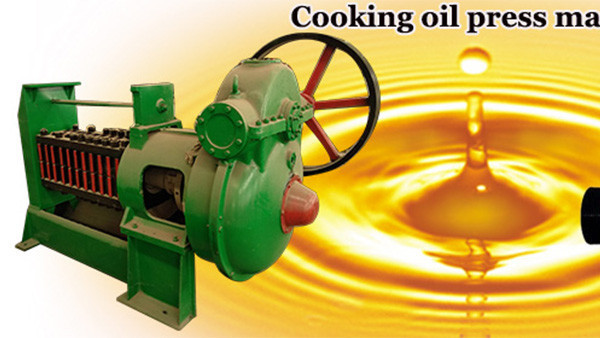
A Step-by-Step Guide Exploring the Art and Science Behind Soybean Oil
Production of soybeans expanded from the southern part of the United States. 1950-70's. The U.S. accounted for more than 75% of global soybean production. 1970's. Production of soybean started at a large scale in many South American countries. 2003. The share of the U.S. in global soybean production came down to 34%.
Get Inquiry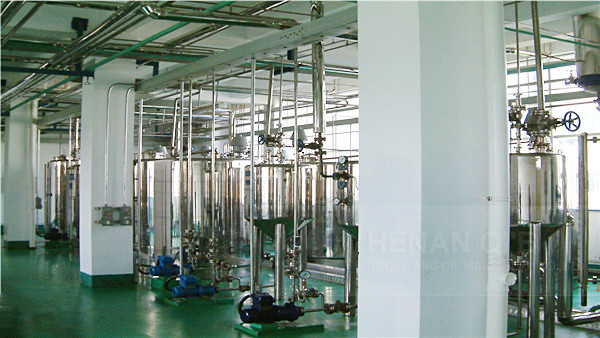
Essential Methods of Edible Oil Extraction ¨C Types, Pros, and Cons
Screw presses can extract a high percentage of oil from seeds, typically between 60% and 80%. This is higher than the oil yield from other methods of mechanical oil extraction, such as hydraulic presses. Scalable. Screw presses are scalable, enabling them to handle higher production quantities.
Get Inquiry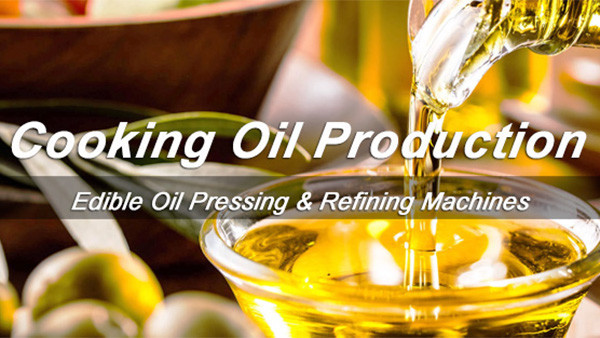
Soybean oil extraction with ethanol from multiple-batch assays
Soybean oil is the 2nd most consumed oil (28%) [1], being widely employed in the food industry and in homemade foods [3], being also one of the lipidic material mostly used for biodiesel production worldwide [4]. Due to the moderate oil content (18 ¨C 23%mass) [5], it is mandatorily recovered from soybeans by solvent extraction [6].
Get Inquiry
Novel oil extraction technologies: Process conditions, quality
for extraction of oil. Selection of the enzymes solely depends on the structure of the. oilseed and the composition of the cell wall. Studies reveal an enzyme to substrate. ratio of 1% to 8%, the
Get Inquiry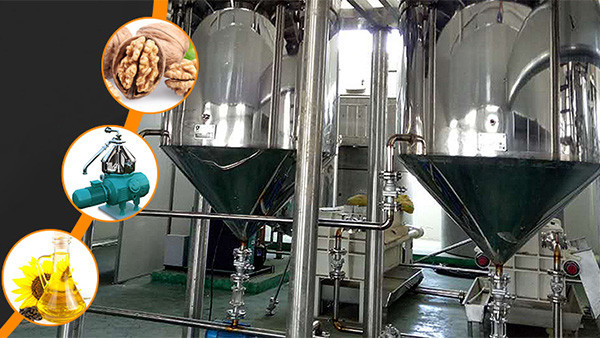
(PDF) Establishment of an aqueous method for extracting soybean oils
An advanced aqueous extraction of soybean oil assisted by adding free oil was established in this study, which recovered 81% of the oil from soybeans with 20.73% crude oil content and produced a
Get Inquiry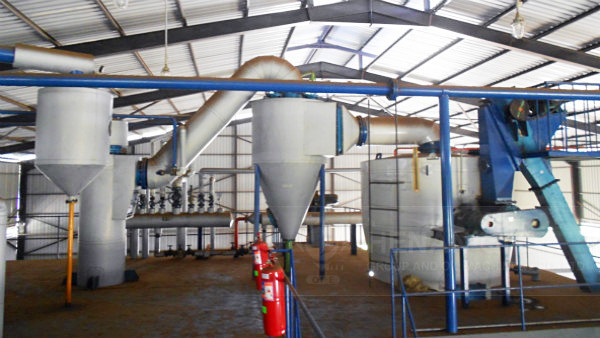
Sustainable zero-waste processing system for soybeans and soy
Processing 10 lb. (4.53 kg) of soybean yields 1.83 lb. (0.83 kg) of soy oil and 8 lb. (3.63 kg) of soymeal, accounting for approximately 80% of raw soybean (Uses for Soybeans, 2011). Approximately 97% of total soymeal is used for animal feed and the rest of 3% of used for human consumption in the form of soy protein isolates, soy protein concentrate, soymilk, meat analog, etc., ( Food and Fuel
Get Inquiry
Advances in Aqueous Extraction Processing of Soybeans
Aqueous extraction processing technologies, having advanced in recent years, may be a viable alternative to hexane extraction to separate oil and protein from soybeans. Different extraction strategies incorporating various modes of comminution, extraction buffers, and enzymes allow production of a range of oil and protein products, but also create different processing challenges.
Get Inquiry![how to extract oil from soybeans [for adding to animal feed]](/pic/machine-for-press-oil-84.jpg)
How To Extract Oil From Soybeans [For Adding To Animal Feed]
Quantity of Soybean to Oil. A soybean contains around 18% to 20% oil. 2.2lbs (1kg) of soybeans will produce different amounts of oil depending on the method of extraction used. Pressing can release up to 4.6oz (130g) of soybean oil in a commercial press, and solvent extraction can give around 6.7oz (190g).
Get Inquiry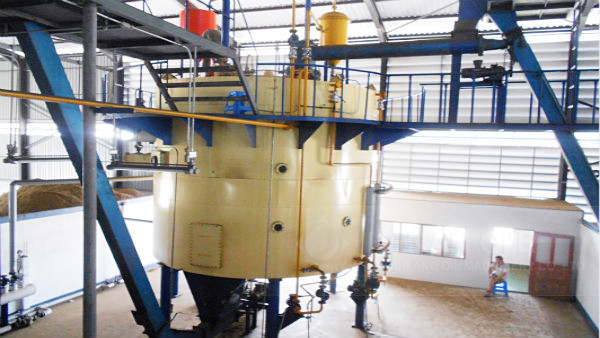
Soybean oil extraction with ethanol from multiple-batch assays
The main aim of this work was to obtain experimental data of the extraction kinetics of soybean oil and free fatty acids (FFA) for systems containing an expanded mass of soybean (collets) and
Get Inquiry
